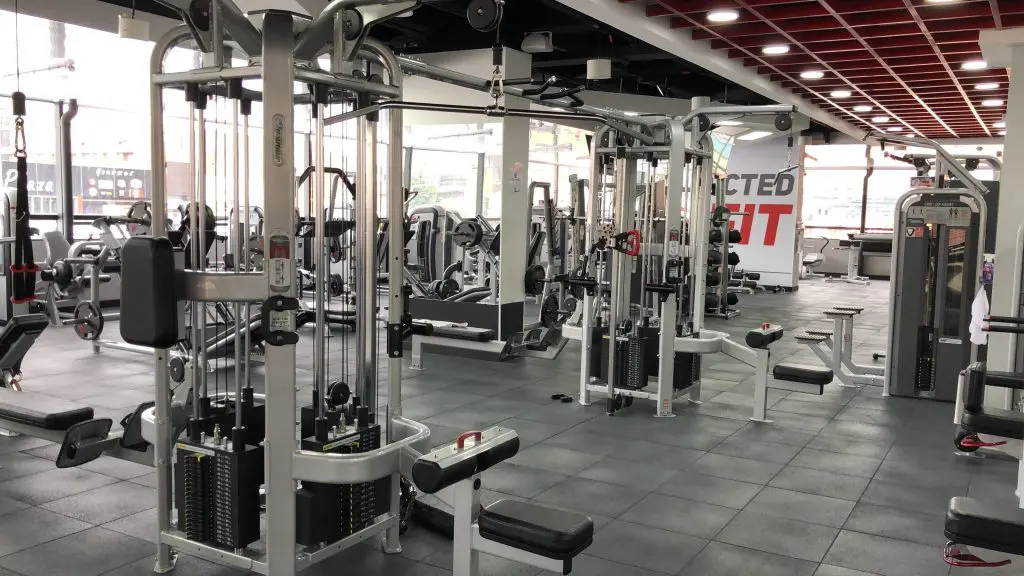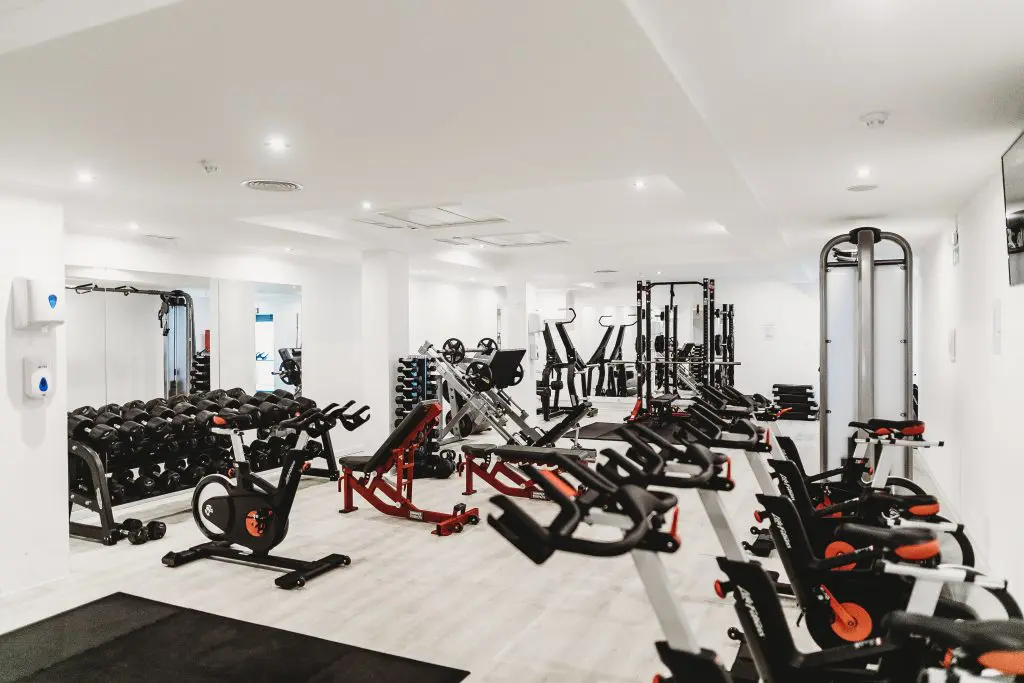How Many Hours do Basketball Players Train?
For many of us, making it to the NBA is a dream come true. But getting to the NBA is one of the most difficult accomplishments a basketball player can achieve. The NBA is by far the most competitive basketball league in the world and attracts the top basketball players from around the globe.
However, if you want to make it to the NBA, you will need to commit many hours of basketball practice into your daily routine. Below, we are going to discuss just how many hours do basketball players train and we’ll delve into just how many hours do NBA players train on a daily and weekly basis.
Quick Answer
To answer the question of just how many hours do basketball players train, the honest answer is that it depends. As it stands, not all basketball players are on an equal footing and some basketball players, dependent on their professional level and needs, will require more hours of training, whereas other basketball players will require less.
However, on average, a college or professional basketball player in the NBA will train for roughly three to four hours every day. However, a basketball player who plays on a high school varsity or junior varsity team will typically train for one to two hours per day.

Why do Basketball Players Train So Much?
Looking strictly at the NBA, professional basketball players will train for roughly three to four hours per day. But why do these players train so much? Essentially, for these players, basketball is their livelihood and their profession off choice.
And while these players definitely have a love for the game, they are also paid handsomely for their work. And in order to remain competitive and continue their careers in the NBA, they must train daily to ensure that their basketball skills are up to par.
In addition, for many NBA players, the game of basketball is an ever-changing one. While that may not seem so, we can take a quick look at the percent of three-point shots attempted year-over-year. In the 2015-16 NBA season, there were only six teams that took a third of their shots from beyond the three-point line. However, last season, 28 of 30 teams took over a third of their total shots from beyond the three-point line.
This means that for NBA players, besides those who play the center or power forward position, they must adapt to the changing and evolving basketball field and fine-tune their shooting skills to remain active and competitive. And even for those players who play the center and power forward positions, they must adapt to the new landscape in order to remain competitive and adhere to the ever changing rules and regulations the league sets on them.
And lastly, for NBA players, training daily helps them to compete even more strongly during a game. This added strength and understanding of the game will not only benefit them, but also their team. And if they train and practice enough, they can help to lead their team to the NBA playoffs and the NBA Finals games.
If we look at college basketball, specifically the NCAA Division I league, those players have even more to gain by training and practicing daily. While the NCAA has recently begun to allow their players to profit off their name and images, the real source of revenue for many of these players is in being drafted to the NBA.
For these players, practicing and training daily not only helps them to become better basketball players, but also helps them to increase their understanding of the game and its requirements. Similarly, for NCAA players, training daily and with their team can help lead them further through the NCAA March Madness Tournament, helping them to make a name for themselves and increasing their probability of being drafted to the NBA.

How Much Should an Average Person Train for Basketball?
While the above references NBA and NCAA players specifically, it does not count the amount of time an average person should train for basketball. And, again, unfortunately, it is simply too difficult to provide an exact answer on how much an average person should train for basketball.
And the reason for this, is that no two individuals are alike, and every individual will have different needs and wants when it comes to their basketball skills and understanding. However, if you are looking to train to become a better all-around basketball player, then ideally you will train for approximately 1.5-2 hours per day.
While training for 1.5-2 hours daily won’t allow you to become the best basketball player, it should be a sufficient amount of time to allow yourself to substantially increase your basketball skills and understanding. However, if you don’t have enough time to devote to basketball, then even training for half-an-hour daily can be useful and helpful.
What Workouts and Exercises do Basketball Players do While Training?
Most professional basketball players do not simply devote themselves to one training exercise or regimen. Rather, they look to take advantage of all workouts and exercises which will allow them to build muscular strength and cardiovascular endurance.
This includes embracing high intensity interval training programs, such as Tabata, upper-body and shoulder workouts, and lower-body workouts such as squats, deadlifts, and lunges. In addition, many basketball players will incorporate swimming pool workouts into their exercise and training regimen to help them with cardiovascular endurance and full-body fitness.
In addition to full-body workouts, basketball players will also train for basketball specifically every day. This can be done individually or with a teammate. However, for most basketball players, daily trainings will include taking over 250 shots to improve their shooting abilities, rebounding exercises, and exercises which help them to become better ballhandlers and dribblers.
And lastly, as part of their daily training, basketball players will also take time to relax and allow their bodies to recover from a particularly intense workout or game. This can include massages, ice baths, and stretches, all of which helps their bodies to recover and be ready for an upcoming game.
